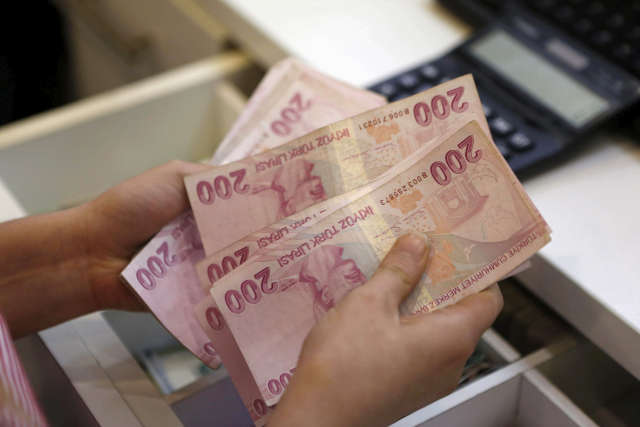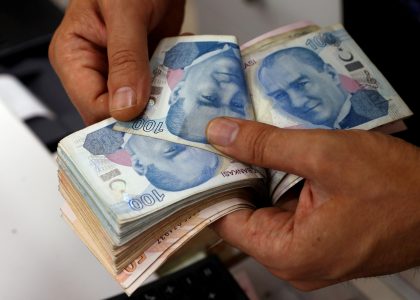Turkey continues to sink into economic crisis, reports the Middle East Monitor, with record inflation of more than 83% year on year according to official September figures (monthly inflation is estimated at 3 %). A peak that the country had not known for twenty-four years.
The Turkish lira also sank to an all-time low, trading at over 18.5 pounds to the dollar.
The inflationary surge is maintained by the economic policy of the government of Recep Tayyip Erdogan which, in the run-up to the presidential elections of June 2023, is trying to boost the economy, in particular by promoting access to credit.
The Turkish central bank thus lowered its key rate in August, then again in September, a monetary policy which contributes to increasing inflation and which is exactly the opposite of those of the American and European central banks (those ci raise their rates to try to stem the rise in prices).
Inflation in Turkey : An increase in the minimum wage promised for January
The opposition daily Birgün points out that the official inflation figures are widely disputed, in particular by ENAG, a group of independent economists which estimates annual inflation at 186% at the end of September.
In this context, and while the most modest households are struggling with the soaring prices of basic necessities such as sugar (+164% in one year) or flour (+129%), the Turkish President announced , on September 29, an increase in the minimum wage for the month of January which could reach up to 40%.
The diplomatic rapprochement with the Gulf countries has not yet led to the investments expected by Erdogan, who has seen his popularity fall at the same time as the course of the national currency.
It is now in Moscow, with whom he maintains good relations despite the war in Ukraine, that he places his hopes. The American financial media Bloomberg thus reveals that talks are underway so that Turkey obtains a payment extension for Russian natural gas.





